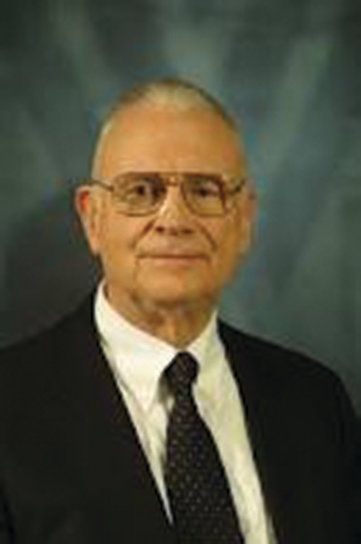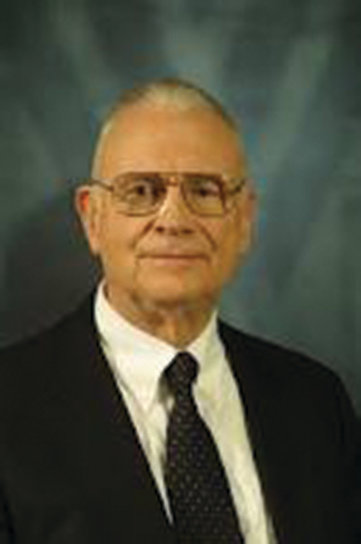Justice Sandra Day O'Connor, who died in December, received well-deserved praise as a pioneering jurist who brought common sense and moderation to the Supreme Court. She was also a champion of civics education, especially after her retirement from the bench.
And in an era of partisanship and conspiracy theories that thrive when Americans don't understand our system of government, civics education needs a champion.
Justice O'Connor, who left the court in 2006, enjoyed speaking to students and promoting research on how citizens participate in governance. She told the National School Boards Association in 2008 that her main focus after her retirement would be civics education. She created her iCivics program to carry out that her mission.
She and I co-chaired the Campaign for the Civic Mission of Schools and worked together to make public service announcements promoting civics education. The Center for Representative Government at Indiana University, where I am a senior advisor, uses a similar approach to promoting civics education.
Ms. O'Connor, of course, was the first woman to serve on the Supreme Court. Her nomination by President Ronald Reagan made history. The daughter of a rancher and a proud Westerner, she developed a reputation as a moderate during her 24 years on the court. She often cast swing votes on abortion, voting rights, sexism, and other controversial issues.
Linda Greenhouse wrote in the New York Times, “During this critical period, the Supreme Court was often referred to as the O'Connor Court, and Justice O'Connor was accurately called the most powerful woman in America.” .
Unlike many judges, O'Connor got his start in local politics. She served as a state representative and majority leader in the Arizona Senate. Her interest in civics dates back to her days as a district committeewoman collecting signatures to put her candidate on the ballot.
That real-world background influenced her approach to law. She valued facts and experience over legal theory and ideology. Her views on affirmative action, for example, developed from her time serving alongside legendary civil rights litigator Justice Thurgood Marshall. She was able to make compromises, which is an important quality in civic decision-making.
Ms. O'Connor's experience in local and state politics has strengthened her commitment to civics education. She said in a 2012 interview that Americans have an unending obligation to “teach our younger generations about citizenship.”
However, we have not always fulfilled that obligation. A recent survey by the Annenberg Center for Public Policy found that one-third of Americans could not name their three branches of government. Most people could only identify one of the five rights protected by the First Amendment. Other surveys found a lack of knowledge about the filibuster, Senate term lengths, the Electoral College, and more.
When people don't understand how government works, they're more likely to believe the worst opinions of their elected officials. Division and mistrust affect our politics. In the worst case scenario, good people give up and withdraw from political and civic activities.
That's bad news. The good news is that the work of Justice O'Connor and others is having an impact. The iCivics Project recently found that 38 states require a standalone high school civics course, a significant increase from the previous year, and six states require a full year of civics study. Importantly, more schools are teaching citizenship in the early grades.
And it works. Research shows that young people who take civics classes score higher on measures of their knowledge of government. They are more likely to value voting, public service, and jury duty. They voted more in the 2020 election.
Commenting on O'Connor's death, his colleague, Justice Sonia Sotomayor, said O'Connor “transformed the way children learn about their shared responsibilities as citizens.” That alone would be an amazing accomplishment for a Supreme Court justice or anyone else.
Lee Hamilton is a senior advisor at the Center for Representative Government at Indiana University. IU He is a Distinguished Scholar at the Hamilton Lugar School of Global and International Studies. She is a professor of practice at IU's O'Neill School of Public and Environmental Affairs. He served in the United States House of Representatives for his 34 years.



